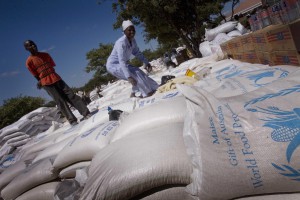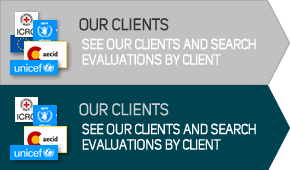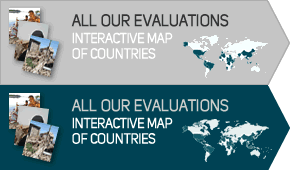September 24, 2014

Kate Holt / IRIN
DARA carried out two humanitarian evaluations for the World Food Programme (WFP) in Zimbabwe and Guinea Bissau.
Evaluation of WFP’s response to humanitarian needs and strengthening resilience to food insecurity in Zimbabwe
In recent years, food production in Zimbabwe has been devastated by a number of factors including natural disasters and economic and political instability. This situation has required large-scale humanitarian food relief operations in the country. DARA evaluated WFP’s activities in Zimbabwe with the objective of providing insights on a number of innovative programmatic changes that WFP’s Zimbabwe Country Office has been recently implementing, including the gradual scale-up of market-based transfer modalities and the shift from unconditional to conditional assistance.
Read the final evaluation report.
Evaluation of WFP’s nutrition and livelihoods support in Guinea Bissau
Guinea-Bissau is one of the poorest countries in the world, and the prevalence of malnutrition and food insecurity is persistently high. A coup d’état in 2012 and political instability has led to severe disruption and suspension of United Nations development programmes with the exception of humanitarian interventions. Consequently, the start of the WFP Country Programme, planned for January 2013 was also postponed until 2016. To bridge this period, a Protracted Relief and Recovery Operations (PRRO) was designed to maintain essential food security and nutrition activities. A rapid food security assessment in mid-2012 revealed worsening food security with households increasingly resorting to negative coping strategies.
WFP’s PRRO support vulnerable groups and communities affected by the post-election crisis, with the aim to address malnutrition, strengthen human capital through education, and rebuild livelihoods. DARA’s evaluation served the dual and mutually reinforcing objectives of accountability and learning.
Read the final evaluation report.




Share this